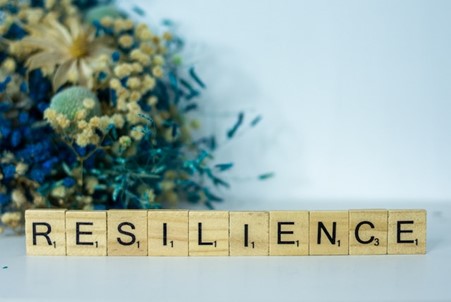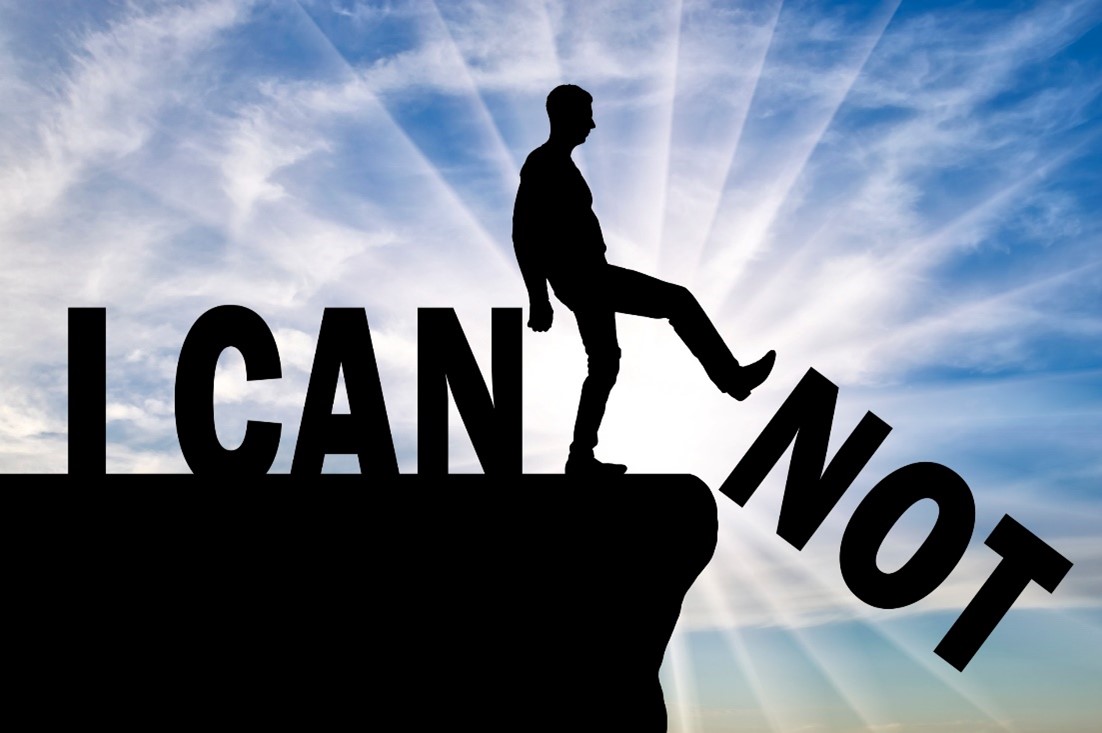Brooke Beyma is a psychology major with an education minor, interested in becoming a school psychologist. In the following article, Brooke Beyma presents coping strategies for challenging times.
Times are changing, and with change comes fresh challenges for everyone, of every demographic. Challenges are sometimes useful, but of course, they also come with their fair share of stress.
According to industry experts, the natural psychological response to difficult change does not have to be stressful; in fact, it is possible to build resilience. This is done by experiencing difficult situations and repurposing or displacing the emotions that follow as a natural response.
In this article, Brooke Beyma reviews the best ways to cope with challenging times in life providing a clearer understanding of the psychology of stress and resilience, leading to a greater chance of responding well in crisis.

Brooke Beyma on Coping Strategies
As previously mentioned, there is no age, gender, or race demographic that has escaped the worries of recent times. Every life has its fair share of challenges, but sometimes, those challenges seem to come in overwhelming waves.
However, Brooke Beyma says that there is a ray of hope. Stress and the situations that cause it can actually offer opportunities to build resilience, which is the ability to adapt to various misfortunes in life rather than crumbling under their weight.
Brooke Beyma outlines three ways to cope with challenging times in life in the list below:
- Connect With Others
- Keep a Proactive Mindset
- Live in the Moment
Brooke Beyma examines each of these coping mechanisms in greater detail below. These details will help anyone who is experiencing recurring events of stress and unease to begin using those events to build resilience and a more hopeful outlook.

Connect with Others
Connecting with others is critically important to building up a healthy mindset toward the challenges life throws at us. Positive relationships provide the foundational support one needs to overcome life’s complicated encounters.
One of the main reasons stress can feel so all-encompassing, like the largest emotion in one’s inner world, is because of a feeling of isolation. The more connections and strong relationships one builds with their community, family, and friends, the less alone a person will feel.
One of the ways to accomplish this is by joining a non-profit community, or a faith-based community, such as a church. Often finding strength in something bigger than oneself has been a historical example of humanity overcoming its greatest hardships, explains Brooke Beyma.
Keep a Proactive Mindset
Proactivity is always better than reactivity, especially in psychological situations. There are many facets to being proactive in one’s mind and emotions in order to build up a resilience to stress.
Brooke Beyma reports that the first recommendation for accomplishing this is through setting goals that are within the realm of possible achievement for each and every day. This adds a sense of purpose, which can displace feelings of stress when something else goes wrong.
Another way to be proactive is to not distract from problems and challenges altogether. There should be some focus on how to take action, even after a traumatic loss or event that sets back previous plans.

Live Hopefully
Additionally, it is important to learn from previous experience with hardships. When something difficult comes along, remember that it is not the first time. Recall how those hardships were overcome in the past, proving that this present circumstance is just one more in a long list of defeated challenges.
Brooke Beyma says that one of the best ways to demonstrate living hopefully is to take action toward caring for oneself. A sign of too much focus on negative emotions and a lack of resilience is neglecting to take care of individual basic needs, like hygiene, a healthy diet, and consistent rituals that reinforce wellness like sleep and conversation.
It may seem odd, especially after a major event has disrupted life, but creating a sense of normalcy actually builds up resilience psychologically during a trauma.
In Conclusion
Brooke Beyma notes that the psychology of stress and resilience can actually help us to cope with challenges when we understand it. When it comes to working toward a more positive mindset and coping with difficult circumstances, one can’t be too proactive.
Visualize present struggles as new ways to build resilience, drawing from past experience without neglecting or ignoring the needs of the present. Don’t be afraid to rely on community members and loved ones and maintain a positive outlook!

